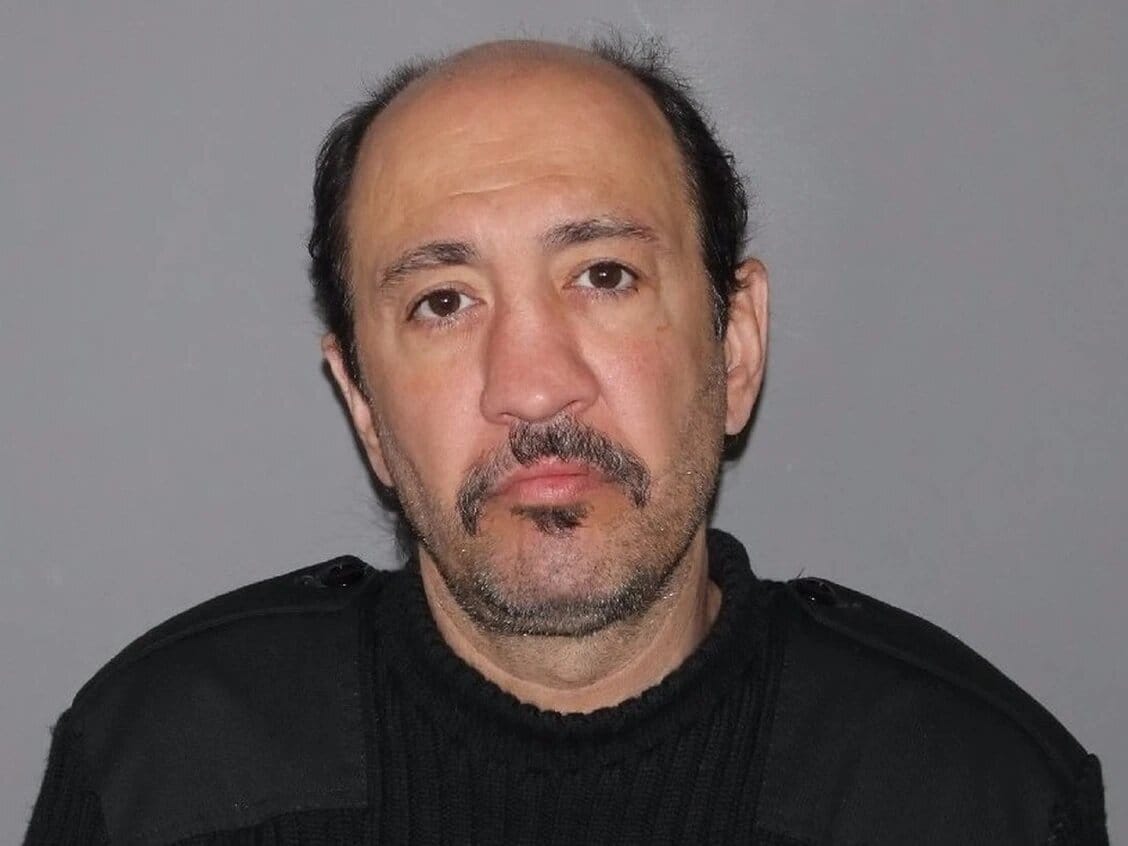Man receives statutory release after stabbing a jail officer at his residence
He received an eight-year sentence and had seven years remaining as of May 2, 2018.

Sylvain Belisle, 57, will soon automatically qualify for statutory release on his eight-year prison sentence, stemming from a stabbing incident that occurred decades ago in Laval’s Ste-Rose district.
In 2017, technological advancements linked Belisle’s DNA to the 1995 stabbing of a prison guard, a case that had remained unsolved for 22 years. On August 11, 1995, Belisle broke into the guard’s home and stabbed him in the stomach.
The guard, who was asleep at the time, managed to chase Belisle down the stairs as his spouse called 911. At that time, Belisle was on release from an earlier eight-month prison term and had served time at the same detention center where the guard worked.
Belisle admitted to the attack upon his arrest in 2017, but claimed he was heavily intoxicated and did not realize the victim was a prison guard.
Belisle has a history of authority issues, with multiple convictions for assaulting police officers in the 1990s. Initially charged with attempted murder, he pleaded guilty on March 22, 2018, to aggravated assault and breaking and entering.
He received an eight-year sentence and had seven years remaining as of May 2, 2018.
After not being granted parole initially, Belisle qualified for statutory release in December 2022 upon reaching the two-thirds mark of his sentence. However, his release was revoked on July 20, 2023, due to issues at a halfway house, including intimidation of other residents.
The recent parole decision highlights Belisle’s Indigenous heritage through his paternal grandfather, though his parents did not discuss this background with him.
The decision notes that the loss of cultural identity and exposure to violence may have contributed to his criminal behavior. The parole board encourages Belisle to engage with Indigenous cultural services to aid in his rehabilitation.
Under his second statutory release, Belisle must reside at a halfway house for the remainder of his sentence, avoid alcohol and drugs unless prescribed, and adhere to psychological counseling.
The board cited concerns about his aggression and threats towards authorities, both in prison and in the community, as reasons for the stringent conditions. His history of failure to comply with legal obligations and conflicts with others further influenced the decision to impose these conditions.





